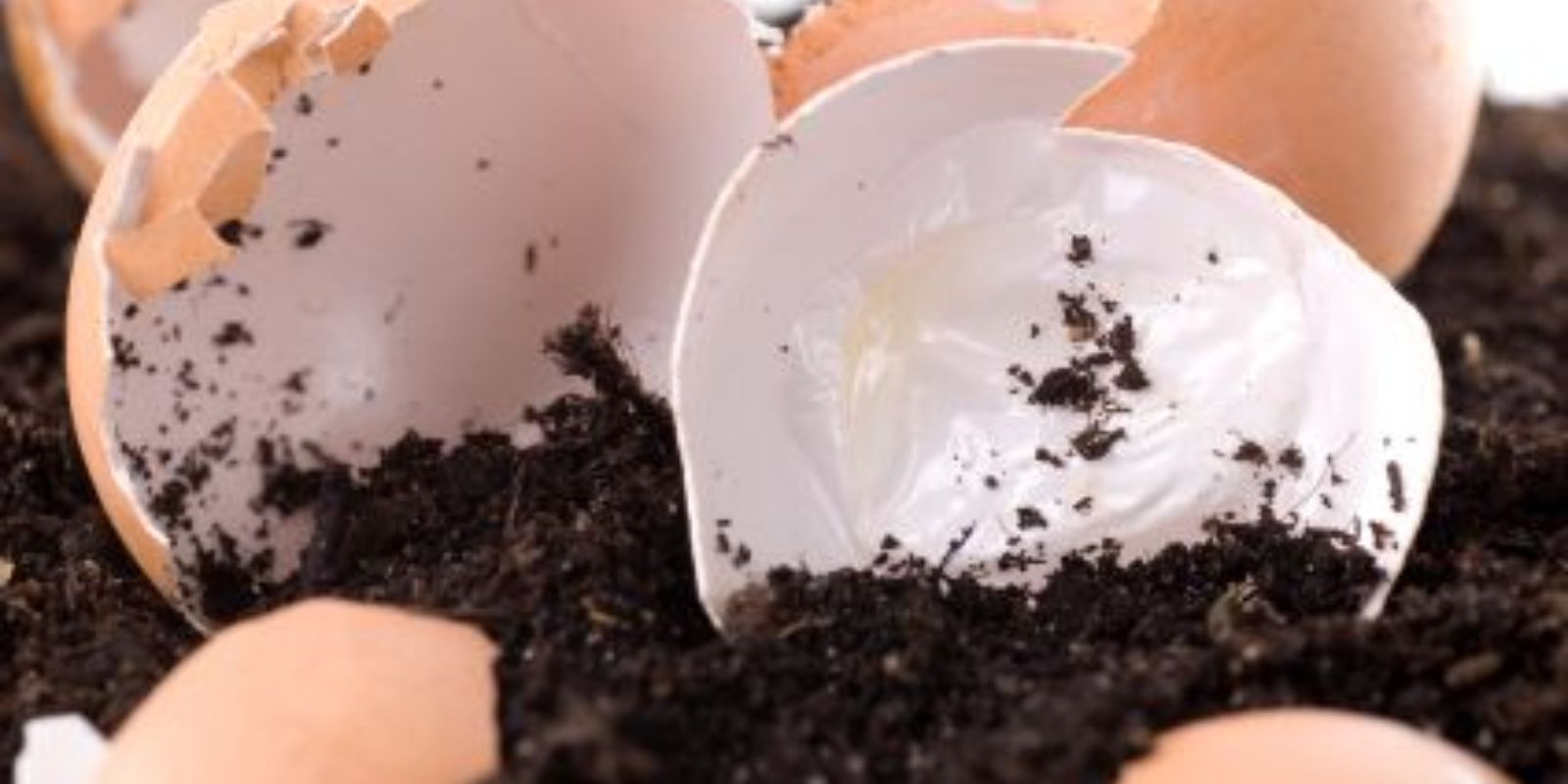In the quest for sustainable gardening practices and cost-saving techniques, one often-overlooked resource is the humble eggshell. Instead of discarding them after breakfast, you can transform eggshells into a potent, cost-effective garden enhancer by boiling them. This simple process not only recycles kitchen waste but also enriches your garden soil with essential nutrients. Here’s a detailed guide on how boiling eggshells can save you money and benefit your garden.
Introduction
Eggshells, a common byproduct of daily meals, are typically thrown away without a second thought. However, these shells are packed with valuable nutrients that can be harnessed to improve your garden’s health. Boiling eggshells is an easy and effective method to extract these nutrients and create a natural fertilizer that enhances soil fertility. This practice is not only environmentally friendly but also budget-friendly, as it reduces the need to purchase commercial fertilizers.
Why Boil Eggshells?
Nutrient-Rich Solution: Eggshells are predominantly composed of calcium carbonate, a key component of healthy soil and plant growth. Calcium helps in the development of strong cell walls and prevents blossom end rot in tomatoes and peppers. Boiling eggshells extracts these beneficial nutrients into a water solution that can be used directly in your garden.
Cost-Effective: By utilizing something you already have, you save money on store-bought fertilizers. This simple process reduces your gardening expenses and allows you to make the most of your kitchen waste.
Environmental Benefits: Recycling eggshells reduces waste and minimizes the environmental impact of throwing them away. It also decreases the demand for commercial fertilizers, which often come with plastic packaging and a higher carbon footprint.
How to Boil Eggshells for Gardening
1. Collect and Clean Eggshells
Start by collecting eggshells from your kitchen. Aim to gather a good amount to make the process worthwhile.
- Rinse Thoroughly: After using the eggs, rinse the shells to remove any remaining egg white or yolk. This prevents any potential odor or attractant for pests.
- Dry Completely: Allow the shells to dry completely. You can leave them on a countertop or place them in a warm oven for a few minutes to speed up the drying process.
2. Boil the Eggshells
Once your eggshells are clean and dry, it’s time to boil them.
- Prepare the Pot: Place the dried eggshells in a pot and cover them with water. Use enough water to fully submerge the shells.
- Bring to a Boil: Heat the pot on the stove and bring the water to a boil. Once boiling, reduce the heat and let it simmer for 10-15 minutes. This helps to extract the calcium and other minerals from the shells into the water.
3. Cool and Strain
After boiling, allow the eggshells and water to cool down.
- Cool Completely: Let the solution cool to a manageable temperature.
- Strain the Solution: Use a fine mesh strainer or cheesecloth to separate the eggshells from the nutrient-rich water. The shells can be discarded or composted, as they will have already imparted their nutrients into the water.
4. Use the Eggshell Solution
The boiled eggshell water is now ready to be used in your garden.
- Water Your Plants: Use the eggshell water to irrigate your garden plants. This nutrient-rich solution will provide calcium and other minerals that help strengthen plants and promote healthy growth.
- Application Tips: Apply the eggshell water around the base of plants to ensure it reaches the root zone. Avoid overwatering, as excessive moisture can lead to other issues such as root rot.
5. Store Leftover Solution
If you have leftover eggshell water, store it for future use.
- Seal Properly: Transfer the remaining solution into a sealed container to prevent contamination and evaporation.
- Store in a Cool Place: Keep the container in a cool, dark place to preserve the nutrients until you are ready to use it.
Additional Uses and Benefits
1. Soil Amendment
In addition to being a liquid fertilizer, dried and crushed eggshells can be directly added to the soil as a soil amendment.
- Improves Soil Texture: Crushed eggshells help improve soil structure, enhancing drainage and aeration.
- Pest Deterrent: The rough texture of eggshells can deter pests such as slugs and snails, which may find it difficult to traverse.
2. Composting
Eggshells are an excellent addition to compost piles.
- Nutrient Boost: They contribute valuable calcium to the compost, enriching the final product.
- Balanced Compost: Including eggshells in your compost helps balance the carbon-to-nitrogen ratio, improving overall compost quality.
Conclusion
Boiling eggshells is a simple yet effective way to recycle kitchen waste into a valuable garden resource. By following these easy steps, you can create a nutrient-rich solution that benefits your plants, reduces gardening costs, and supports environmental sustainability. This practice not only enhances soil fertility but also demonstrates how everyday kitchen waste can be transformed into a powerful tool for gardening success. Embrace this eco-friendly approach and watch as your garden flourishes with the help of a common household byproduct. 🌱🥚

